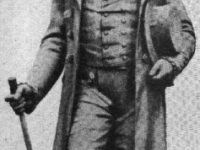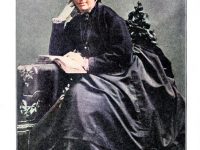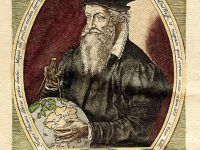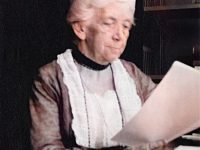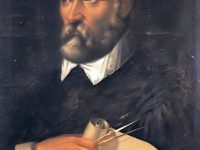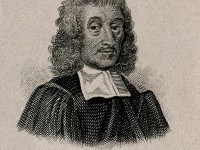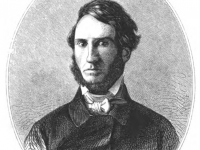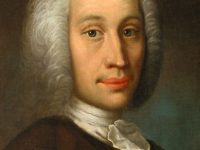Nicolas Leblanc and the Leblanc Process
On December 6, 1742, French chemist and surgeon Nicolas Leblanc was born, who discovered how to manufacture soda from common salt. The eponymous Leblanc process became one of the most important industrial processes of the 19th century. Nicolas Leblanc – Early Life Nicolas Leblanc was born in Ivoy le Pré, Cher department, in the Central-Val du Loire in France. Due to his early death of his father, a minor official at an…
Read more











